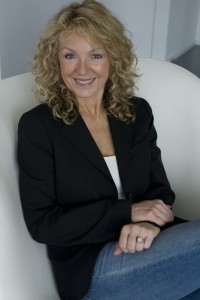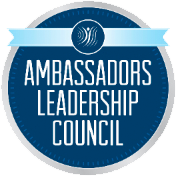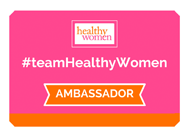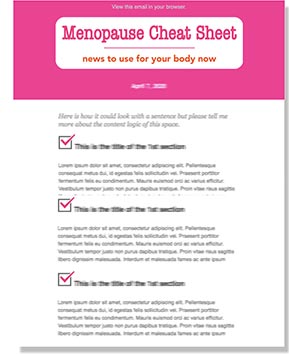
If you said Gloria Steinem, that’s good. If you thought old news, that’s not so good.
Born in 1956, I’m from the generation that came slightly after the brilliant, ferocious and committed vanguard of the women’s movement, and I’ve enjoyed the benefits of their hard work. Like many of my peers (even those slightly older or younger), I’ve called myself a feminist. But am I really?
When I turned 50, I started thinking through every aspect of my life, reflecting on the past and planning for the future. In addition to assessing my health, eating, beauty routines, style, finances, relationships and so on, I also wanted to make sure that my voice was authentic and strong.
In my journey to discover who I really was — and who I wanted to be — after I turned 50, I reached out to many other women, to talk, to listen, to learn. Through one such new relationship, I met Marianne Schnall, founder and director of feminist.com. Talking with Marianne caused me to revisit my understanding of feminism, and to explore how (or if) it was still relevant in today’s complex world. After all, hadn’t women secured a better future as a result of feminism, and weren’t there far graver and urgent problems to focus on now?
At the launch party I recently attended in honor of Marianne’s new book, “Daring to Be Ourselves,” which is a compilation of the best quotes from some of the worlds most successful women, Gloria Steinem described Marianne as a brave feminist: a woman who day in and day out walks the walk and talks the talk of feminism through her work, her writing, her roles as wife, mother, daughter, sister and friend. In her early 40s, she is leading the way for the next generation of feminists, and is doing it with conviction, love, and compassion. Marianne is a brave feminist.
But, Marianne, and other committed men and women who are working daily to secure the fundamental rights of women and girls around the world, have their work cut out for them. Author Isabel Allende, one of the many accomplished women who are quoted in “Daring to Be Ourselves,” summed up the problem quite succinctly:
Today millions of young women who benefit from the struggles of their mothers and grandmothers and would not give up any of their rights don’t call themselves feminists because it’s not sexy. They believe feminism is dated. They have not looked around, they are not aware that today, in the 21st century, women still do two-thirds of the world labor and own less than one percent of the assets; girls are still sold into prostitution, premature marriage, and forced labor. In times of conflict, war, poverty, or religious fundamentalism, women and children are the first and most numerous victims. Women need all their courage today, as they needed it before.
Singer Annie Lennox, in an interview with Marianne, shared her views: “I get very frustrated when I hear women saying, “Oh, feminism is passé,” because feminism means empowerment. We need feminism. It’s not against men; it’s about the empowerment of all.”
In recent years, I found myself shying away from calling myself a feminist, because I, too –perhaps bowed by current social thinking — thought that feminism was old news, and that the movement was still run by those who might be out of touch with today’s realities.
But, I was wrong. Feminism started as a movement to change laws, and the perception of women as secondary to men. But, feminism has morphed into something much bigger and bolder, with an even greater potential to affect global change.
To embrace feminism is to embrace this fundamental truth: every human being has rights.
Feminism is more essential and relevant today than ever before. Just pick up any newspaper and see how the concepts of equality, tolerance and compassion, which are at the very core of feminism, are disintegrating around the world. Perhaps if those involved in the recent tragic bullying cases had been taught the tenets of feminism at an early age, these events would not have occurred.
On some very profound levels, feminism has become my own personal moral compass. It guides my daily behavior toward everyone — regardless of gender, age, color, sexual orientation, creed or nationality, and I am raising my two daughters to be feminists as well. It’s true, my heart is pulled more toward the ongoing plight of women and children around the world, including in our own country, but the moral code of feminism now shapes my worldview, and my approach to life.
It isn’t always easy calling oneself a feminist, though, so consider yourself forewarned. People (men and women) will occasionally roll their eyes and make snarky (and ignorant) remarks about your political orientation. But, to be a brave feminist, you must ignore the noise, speak up, use your voice and be true to your own convictions.
Playwright Eve Ensler offers this advice: “Give voice to what you know to be true, and do not be afraid of being disliked or exiled. I think that’s the hard work of standing up for what you see.”
Even if you would never have called yourself a feminist in the past, consider it part of your future. But don’t just be a feminist. Be a brave feminist.





























































